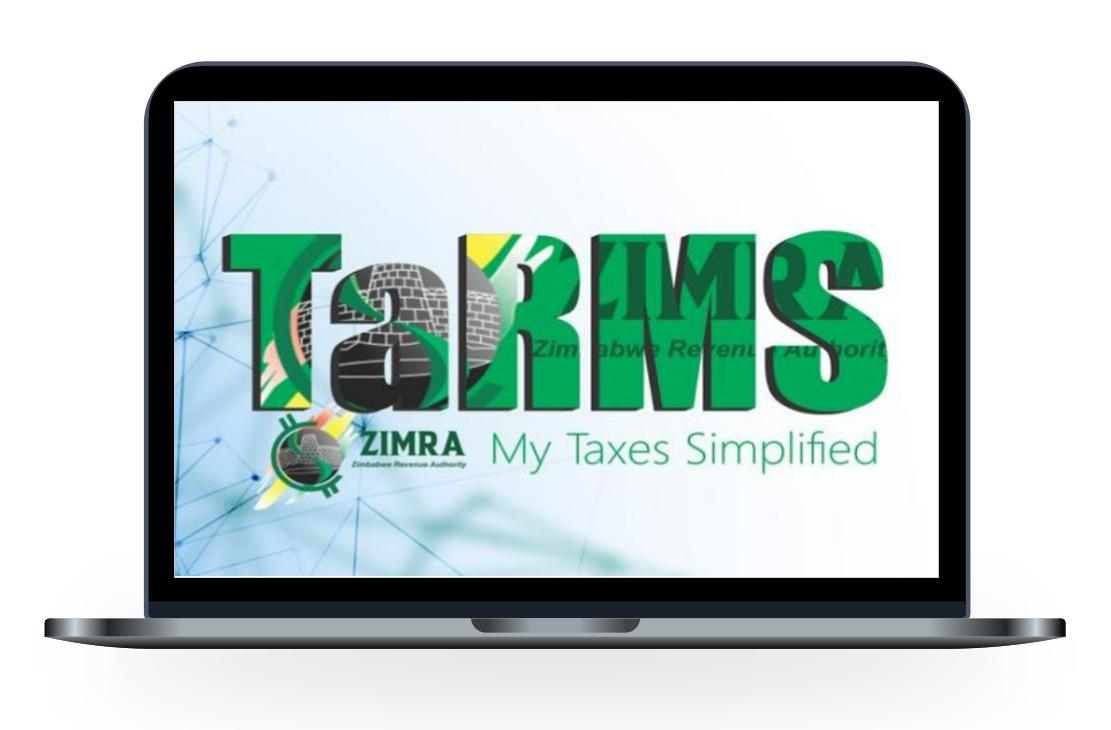It seems the Telecel shareholding issues will not go away. After the acquisition of Telecel by the government back in 2015 the shareholding issue had quietened down but it seems that was just the calm before the storm. Back then, the government acquired a 60% stake and it seems the remaining 40% will now be a bone of contention.
What now?
Back in 2015 Empowerment Corporation (EC), acquired a 40% stake from Telecel.Of the guys involved this time around, Gerald Mlotshwa’s shareholding of Telecel came about through his stake in EC.
The shareholding tussles at Telecel are making headlines again as formerly self-exiled businessman James Makamba is now claiming he never sold his stake to Mlotshwa. Gerald Mlotshwa is a businessman-cum-lawyer who also happens to own a 50% stake in Dr Dish. It seems all the acquisitions made by Mlotshwa seem to result in controversy as his involvement with Dr Dish forced Kwese to cut ties with Dr Dish.
According to the Zimbabwe Independent, James Makamba has been trying to regain ownership of EC and by association Telecel. Makamba is disputing Mlotshwa’s shareholding in EC on the basis that Mlotshwa was only acting as a proxy (a person who is designated by another to represent that individual at a meeting or before a public body). The reports claim that Makamba had to use Mlotshwa as legal counsel because he could not conduct any business in Zimbabwe whilst in exile.
Previously, the Empowerment Corporation was jointly owned by Makamba and Jane Mutasa. Makamba held 95% of the shares
Does this mean Makamba no longer has shares at all?
Makamba is still the chairman at Telecel and an interesting question is just how much shareholding does he actually hold if 60% is in the hands of the government and the other 40% is in the hands of Empowerment Consortium? Does this mean Makamba now has no shareholding at all?
The fight goes on
To make things worse, Makamba and Mlotshwa are also fighting to buy the controlling 60% stake from the government. The government acknowledged the issue but they have distanced themselves, leaving the two to battle it out.
This is not what we expected…
When Makamba came back to Zimbabwe after the ‘coup-not-coup’ he mentioned that he had been invited back into the country by the president and actually visited president Mnangagwa. Considering all this, it’s a bit surprising to see him and Mlotshwa (Who happens to be the president’s son-in-law) at each other’s neck now.
Will this chase away investment?
Telecel is already in debt and they are in dire need of investment (according to Mandiwanzira) if they are to compete with market-leader, Econet and these power struggles may complicate the investment process. If the issue between Mlotshwa and Makamba is not resolved timely this might deter potential investors who would want to purchase the 60% from the government.














Comments
4 responses
Well, its not a surprise because they cashed on very highly on the charges for the numerous withdrawals done whereby one could have made one withdrawal of lets say $1,000 they made 20 withdrawals and that cost much more due to minimm charges on withdrawals.
Actually, the cash shortages was a ‘BLESSING-IN-DISGUISE’ for the banks who would not allow clients to do a once-off withdrawal per week for instance and cut the queues by 5 or 6 . The shortage also made the banks benefit from the several transfers which have a higher cost due to the paper work and amount of work involved than an ATM withdrawal of cash. This is just to mention a few of things the banks benefitted from due to the shortages of cash.
Lost, are we?
The perception created by these events is that Telecel seems to be in the hands of dubious businessmen who can hardly add, are deceptive and opportunistic. That the govt is involved makes things even more shadier – I doubt that any serious investor looks at this as a safe business opportunity to invest in, but that’s my take.
Interested!